BSc (Hons) Philosophy & Computer Science
BSc (Hons) Philosophy & Computer Science
Combine studies in Philosophy and Computer Science, and cutting-edge exploration at their intersections.
| Award: | BSc (Hons) Philosophy & Computer Science |
|---|---|
| UCAS Code: | P1C5 |
| Start date: | September 2025 (see academic calendar)
|
| Location: | St Katharine Docks & The City, London
|
| Co-op Placements Available: | |
| Study Abroad: | Semester in Boston, USA (Optional) |
| Eligible for Double Degree?: | Philosophy & Computer Science BS – Northeastern University (USA) |
| Degree Awarding Body: | Northeastern University London |
| Entry Requirements: | |
| Study Mode: | Full-time |
| Duration: | 3 years |
| Annual Tuition Fees: | Home: £9,535 International: £27,450 |
| Scholarships: | TBC |
| Programme Specifications: | |
| Timetables: | Available semesterly |
| Electives: | |
| Student Satisfaction: | 83% (National Student Survey 2022) |
Summary
BSc (Hons) Philosophy & Computer Science combines study of Philosophy and Computer Science, and exploration of their intersections.
The Philosophy part of the programme is concerned with fundamental questions about, among other topics, the nature of reality, what we can know, and how we should act, and engages with some of the most searching, creative and influential thinkers of the past two-and-a-half thousand years.
Explore central questions, arguments, theories and texts concerning the world and our place within it, developing rigour and clarity in thinking and writing.
Computer science in this programme cultivates the knowledge, techniques, and tools to develop effective and secure computer software according to legal, ethical, and professional frameworks. Students study the fundamentals of programme design including object-oriented design, software development, computer organisation, systems and networks, theory of computation, principles of languages, and advanced algorithms and data.
This degree programme combines a rigorous philosophy and computer science syllabus with personalised elective pathway courses.
Students develop programming and software development skills as well as a combination of analytical, critical thinking, and research skills, alongside communication and problem solving capabilities that are highly prized in the evolving employment market. These valuable and transferable skills open a wide array of career possibilities upon graduation.
Electives
Our growing range of Elective courses include the subjects that have in the past been available as minors, plus some new popular subjects and interdisciplinary themes.
Elective Courses include:
- Art & Design
- Business
- Computer Science
- Creative Writing
- Data Science
- Economics
- English
- History
- Law
- Philosophy
- Politics & International Relations
- Philosophy, Politics & Economics (PPE)
- Sociology
- Sustainability
- Technology & Ethics
What makes our BSc (Hons) Philosophy & Computer Science unique?
- Rigorous, in-depth core subject study
- Interdisciplinary degrees, built around real-world problems
- Flexibility to create your own academic pathway with elective courses
- Gain core competencies and develop practical and transferable skills for your future career
- Embedded experiential opportunities to drive real-world change
- Explore the big issues that need agile thinking crossing subject boundaries
- Acquire the knowledge and experience that will empower you to make a meaningful impact in a fast-changing world
- Experience a semester abroad at one of Northeastern University’s campuses in the USA
Your learning experience
You will experience learning at the University through a combination of formats and class sizes. Some of our courses are delivered through a high number of scheduled teaching or ‘contact’ hours, while others focus on smaller, more personalised, guided independent study, or hands-on or community-based projects.
Our academic staff selects the most appropriate pedagogy and contact hours for each individual course in order to support students to develop and succeed in their studies. This means that within your undergraduate Philosophy and Computer Science degree you are likely to experience a combination of scheduled lectures, workshops, seminars and tutorials. The exact balance of these types of learning and number of contact hours will depend on the specific electives and optional courses you choose.
Most lectures and seminars will have a maximum of 40 student participants, while tutorials will typically have five or fewer students, and may sometimes be one-to-one. This personalised approach to teaching allows everyone to participate and thrive.
Employability
Core competencies are embedded within our Philosophy and Computer Science degree programmes, preparing you for your future career while you are studying, so that you stand out from the crowd and are ready to succeed as soon as you graduate.
By the time you graduate, you will have taken courses fulfilling the following three competencies:
- Writing Across Audiences and Genres
- Integrating Knowledge and Skills Through Experience
- Demonstrating Thought and Action in a Final Project (can be dissertation)
You will also have taken courses inculcating a minimum of four of these additional competencies, depending on your learning pathways:
- Engaging with the Natural and Designed World
- Exploring Creative Expression and Innovation
- Interpreting Culture
- Conducting Formal and Quantitative Reasoning
- Understanding Societies and Institutions
- Analysing and Using Data
- Engaging Differences and Diversity
- Employing Ethical Reasoning
Careers Service
Our dedicated Careers Advisors work with students right from day one. Some students arrive at our university with their journey path clearly mapped, others need help finding their direction. Our Advisors are here to help both.
Advisors will help to identify aspirations and explore careers, as well as assist with the development of CVs, and developing a personal narrative and plan to differentiate yourself in a crowded market. Advisors guide students through making the most of Linkedin, and applying for internships, placements, and graduate jobs.
Our Advisors are here to help you achieve your ambition and have expertise in a wide range of sectors including professional services, government, creative industries, law, and banking.

